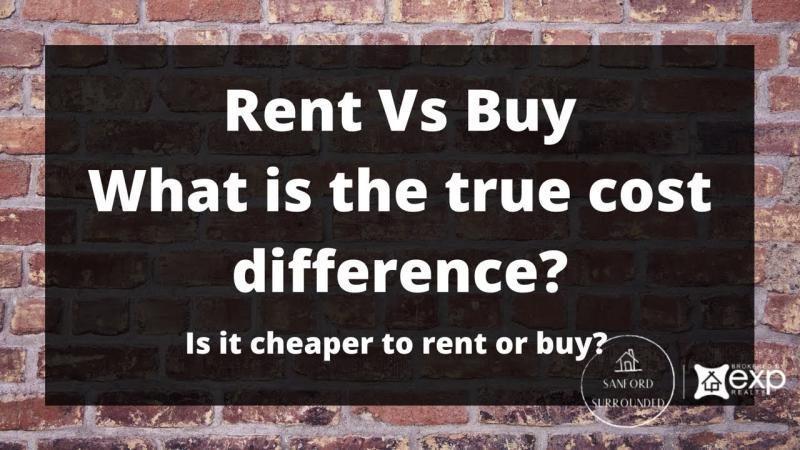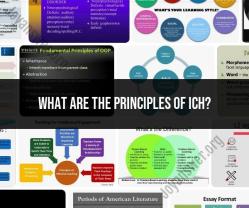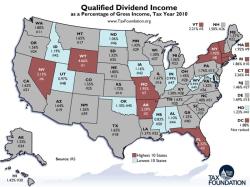Is it cheaper to buy or rent your home?
Whether it is cheaper to buy or rent a home depends on various factors, and the answer can vary based on individual circumstances and local real estate market conditions. Here are some factors to consider when evaluating the cost efficiency of buying versus renting:
Factors Favoring Buying:
Long-Term Perspective:Buying a home can be financially advantageous over the long term. As you pay down your mortgage, you build equity, and the home may appreciate in value.
Stability of Payments:With a fixed-rate mortgage, your monthly mortgage payments remain relatively stable over the life of the loan. In contrast, rent payments may increase over time.
Equity Building:Homeownership allows you to build equity, providing a potential source of wealth. When you sell the property, you may recoup the equity and potentially make a profit.
Tax Benefits:Homeownership may come with tax advantages, such as deductions for mortgage interest and property taxes. These benefits can contribute to cost savings.
Factors Favoring Renting:
Flexibility:Renting provides flexibility, allowing you to easily relocate without the responsibilities of selling a home. This can be advantageous if you anticipate changes in your living situation.
Avoiding Maintenance Costs:Renters are generally not responsible for major maintenance costs and repairs. Homeownership comes with ongoing expenses for maintenance, repairs, and property taxes.
Lower Upfront Costs:Renting typically involves lower upfront costs. Buying a home requires a down payment, closing costs, and potentially other upfront expenses.
Investment Opportunities:The money saved by renting can be invested in other ways, potentially generating returns that offset the benefits of homeownership.
Considerations for Both Options:
Market Conditions:Evaluate the local real estate market conditions. In some areas, it may be more cost-effective to buy, while in others, renting might be a more economical choice.
Financial Situation:Consider your financial situation, including income, credit score, and available savings. Mortgage lenders often have specific requirements for borrowers.
Length of Stay:The cost efficiency of buying versus renting can depend on how long you plan to stay in the property. In some cases, it may take several years of homeownership to offset the upfront costs.
Personal Preferences:Consider your lifestyle preferences. Some individuals value the stability and long-term investment aspects of homeownership, while others prioritize flexibility and lower upfront costs associated with renting.
It's advisable to use online calculators, speak with real estate professionals, and consult with financial advisors to analyze the specific costs associated with buying or renting in your particular situation. The decision between buying and renting is highly individual and depends on your unique circumstances, preferences, and financial goals.
Is it more cost-effective to buy or rent a home?
Whether it is more cost-effective to buy or rent a home depends on a number of factors, including the cost of living in your area, the interest rate on mortgages, and your individual financial situation.
In general, however, homeownership tends to be more cost-effective in the long term. This is because homeowners can build equity in their homes over time, which can be used to pay for retirement or other expenses. Homeowners may also be able to deduct certain expenses, such as mortgage interest and property taxes, from their income taxes.
Factors to consider when deciding between buying and renting a home
When deciding between buying and renting a home, it is important to consider the following factors:
- Down payment: To buy a home, you will typically need to make a down payment of at least 20% of the purchase price. If you do not have a large down payment, you may have to pay for private mortgage insurance (PMI), which can add to your monthly mortgage payments.
- Closing costs: Closing costs are the fees that are associated with buying a home, such as title insurance, appraisal fees, and attorney fees. Closing costs can range from 2% to 5% of the purchase price of the home.
- Ongoing costs of homeownership: Homeowners are responsible for the ongoing costs of homeownership, such as property taxes, homeowners insurance, and maintenance and repairs. These costs can add up over time.
- Interest rates: Interest rates on mortgages fluctuate over time. If interest rates are high, it may be more cost-effective to rent. However, if interest rates are low, it may be a good time to buy a home.
- Your financial situation: It is important to consider your overall financial situation when deciding whether to buy or rent a home. If you have a lot of debt or are not sure if you can afford the monthly mortgage payments, it may be better to rent.
Financial benefits of buying and renting based on individual circumstances
There are a number of financial benefits to both buying and renting a home, depending on your individual circumstances.
For example, homeowners may benefit from the following:
- Equity: Homeowners build equity in their homes over time. This equity can be used to pay for retirement, other expenses, or to borrow against to finance other purchases.
- Tax benefits: Homeowners can deduct certain expenses, such as mortgage interest and property taxes, from their income taxes. This can reduce their overall tax burden.
Renters may benefit from the following:
- Lower upfront costs: Renters do not have to make a down payment or pay closing costs.
- Flexibility: Renters have the flexibility to move more easily than homeowners.
- Less maintenance and repairs: Renters are typically not responsible for the maintenance and repairs of their rental property.
Ultimately, the decision of whether to buy or rent a home is a personal one. There is no right or wrong answer. It is important to weigh the pros and cons of each option and make the decision that is best for you and your financial situation.












